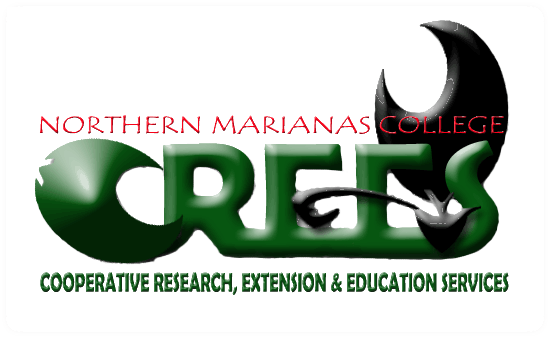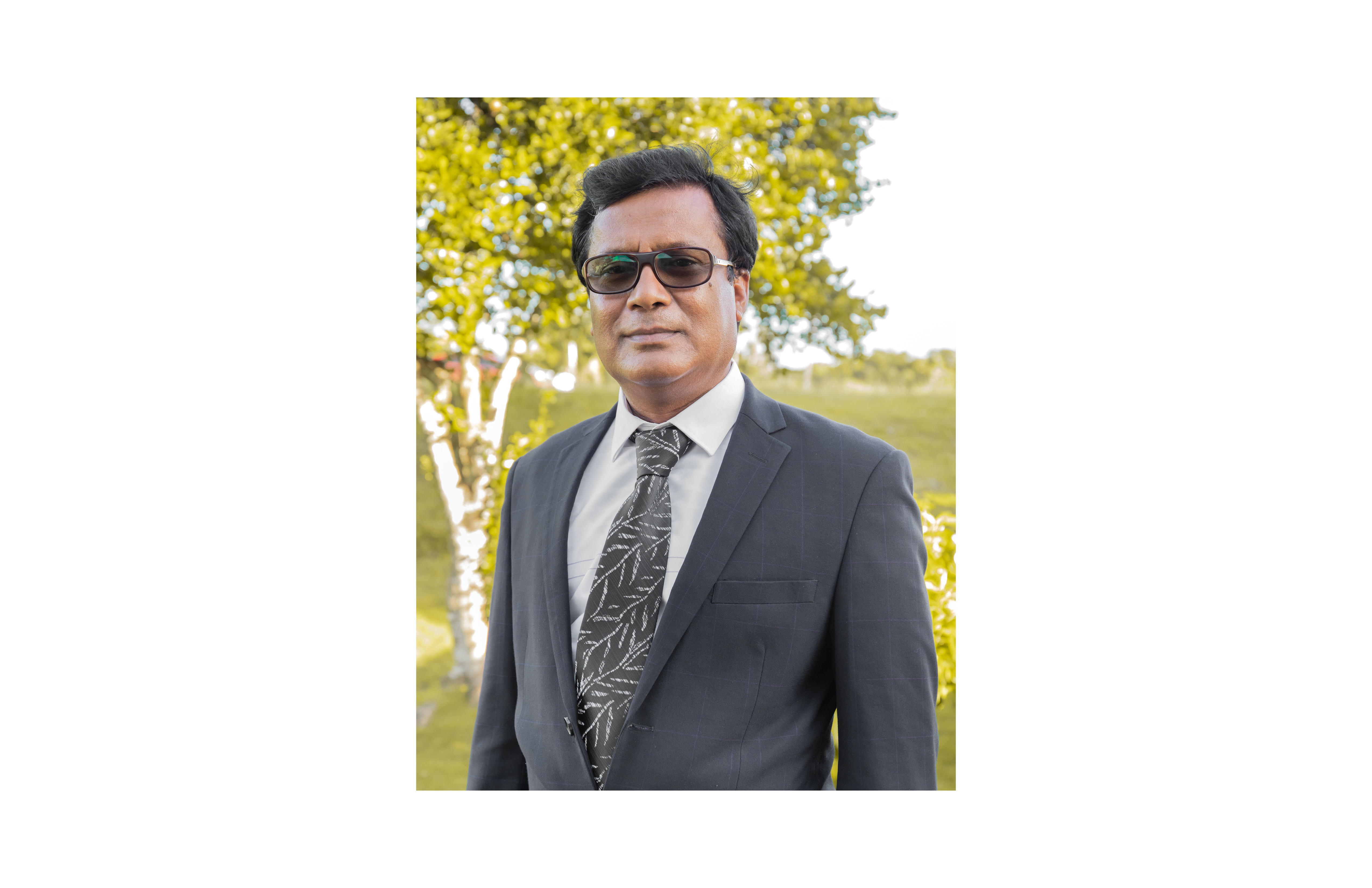Dr. Zaidul Islam Sarker, lead Food Scientist and Program Leader at the Northern Marianas College Cooperative Research, Extension and Education Services (CREES), recently served as the keynote speaker for 3rd International Conference on Traditional Medicine in Modern Era for Cure on January 7-8, 2022, in India and presented information from his research regarding modified “green” method of supercritical fluid extraction.
Supercritical fluid is used for many purposes, ranging from the extraction of fragrances from flowers, to applications in food science and functional food ingredients, pharmaceuticals, cosmetics, polymers, powders, bio- and functional materials, nano-systems, natural products, biotechnology, and others.
After seven years of research, Dr. Sarker has developed and modified an environmentally-friendly method of supercritical extraction. This method developed by Dr. Sarker reduces processing time, saves costs, and is organic solvent-free, toxic free food and pharmaceutical products. The process results in high quality, residue free and pure products.
“I found that the conventional methods have a lot of limitations such as being time-consuming, expensive, and that these methods need harmful and health hazardous organic solvents like acetone, hexane, methanol, which can cause cancer and other diseases,” Sarker said. “The solvents used in these methods are health hazardous, not safe and not environmentally friendly, and that was one of the reasons that inspired me to develop a greener method of supercritical fluid extraction.”
Dr. Sarker recently submitted research grant proposals that will enable him to conduct similar research on tropical/medicinal plants that grow in the CNMI in his capacity as lead food scientist and program leader at NMC CREES.
“I look forward to providing further research and practical applications in Food Science to the CNMI community,” Sarker said.
Interim Dean for NMC CREES Patricia Coleman said that there is a “rich legacy” of using the cultural knowledge the community has of native plants as “amot or safey” and for healing.
“We look forward to seeing how we can use this existing knowledge and to create new knowledge to contribute to the study of plant nutraceuticals, pharmaceuticals, and to enhance the health of our communities,” Coleman said.
According to a study on medicinal plants and traditional knowledge in the NMI conducted in 2008, more than 70 potential plants have been found in the CNMI for their medicinal value and traditional usage. These include Ladda (Noni) (Morinda citrifolia), Korason galak (Asplennim nidus), Kahlao (Phymatodes scolopendria), Potpopot (Peperomia mariannensis), Akangkan (Canavalia megalantha), Gssoso (Colubrina asiatica), Ahgao (Premna obtusifolia), Gaogao (Erythrina variegata) and Tumaga (Cassia occidentalis), among several others.
For more information about programs offered by NMC CREES or to reach Dr. Sarker, call 237-6840, email This email address is being protected from spambots. You need JavaScript enabled to view it., or visit crees.marianas.edu.




